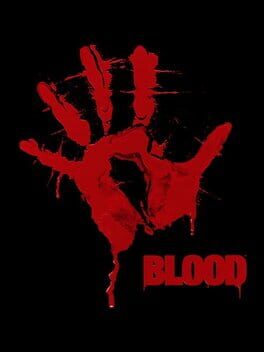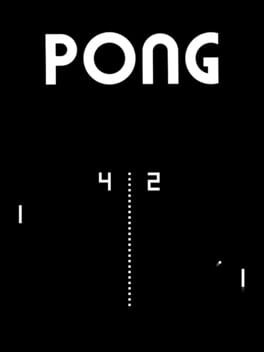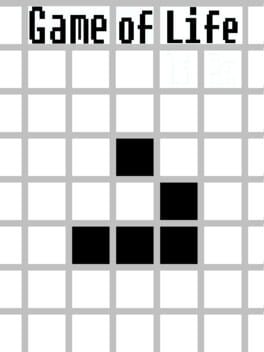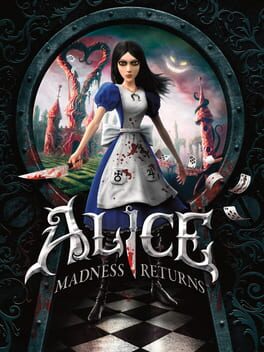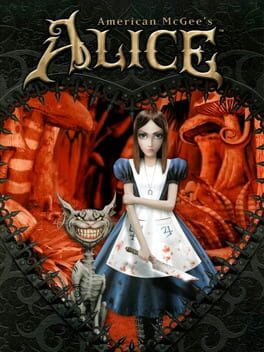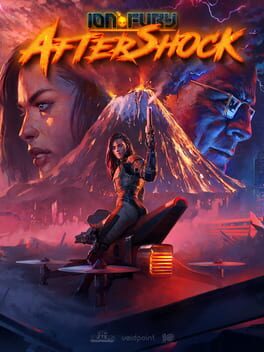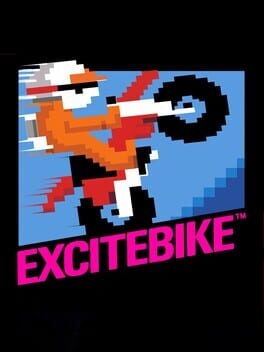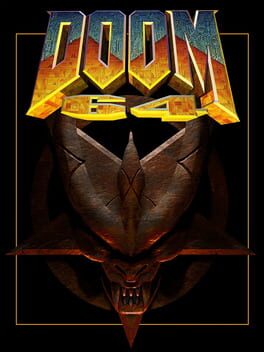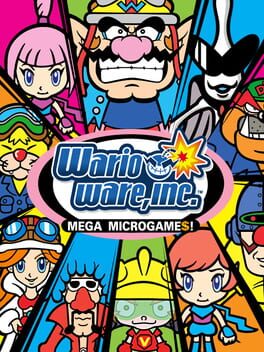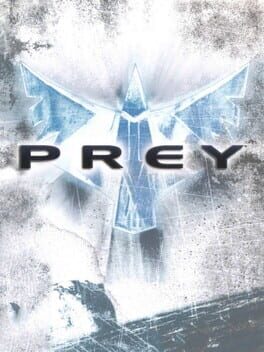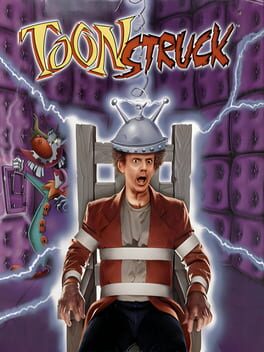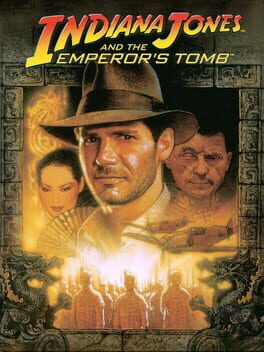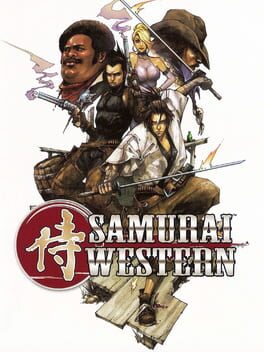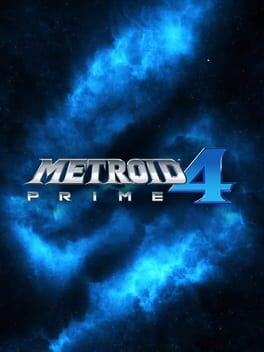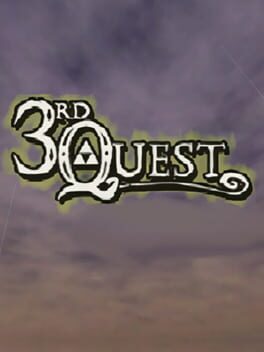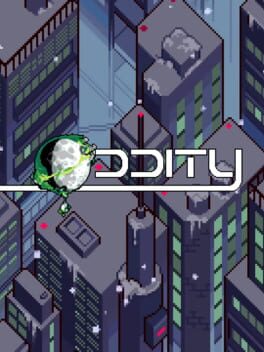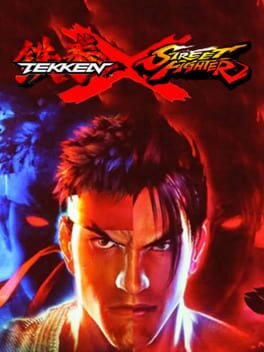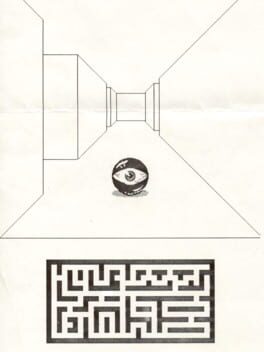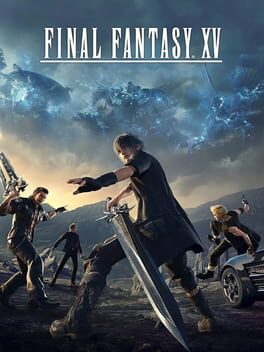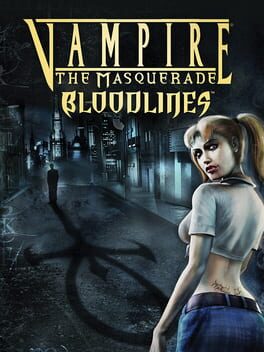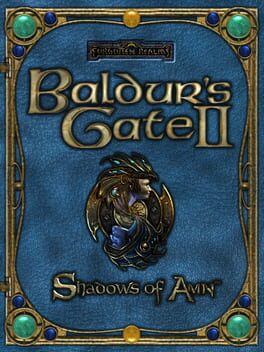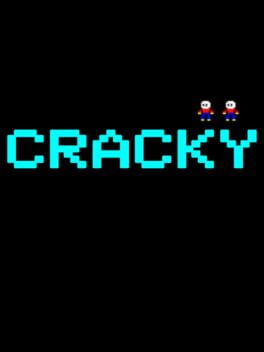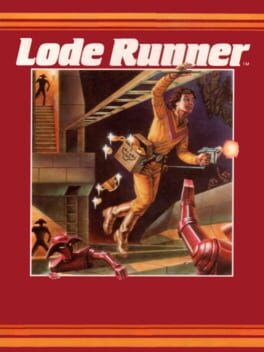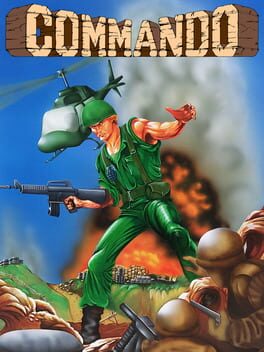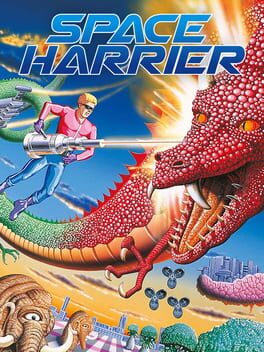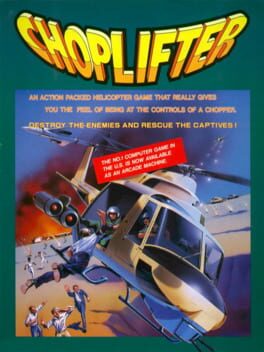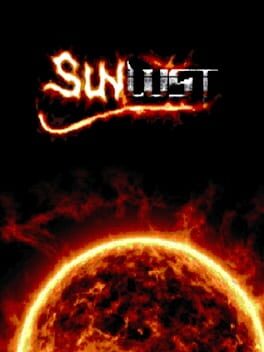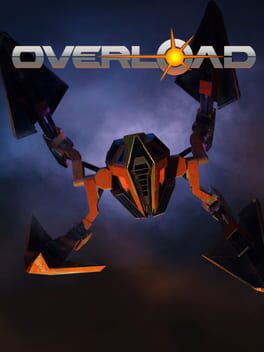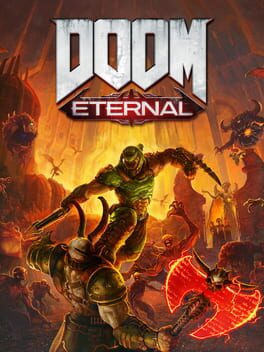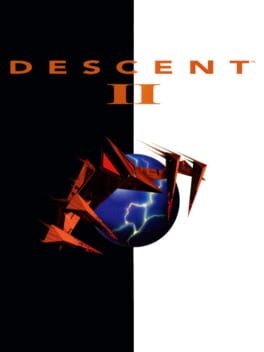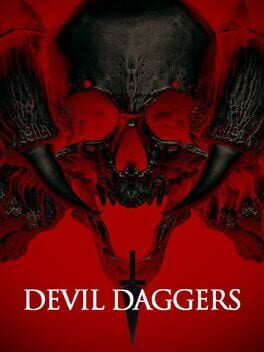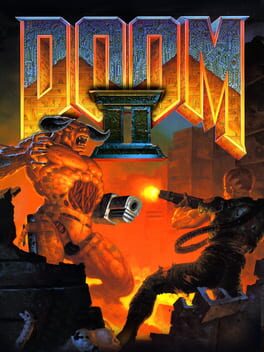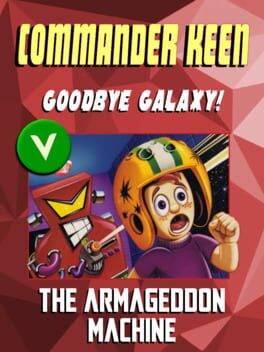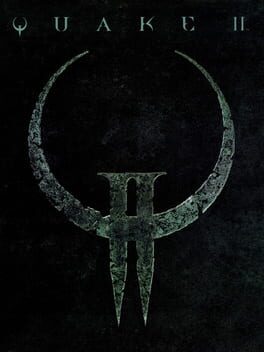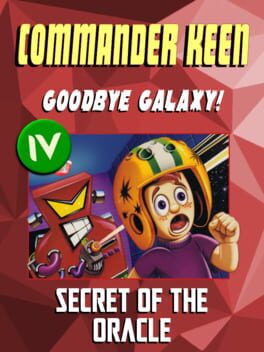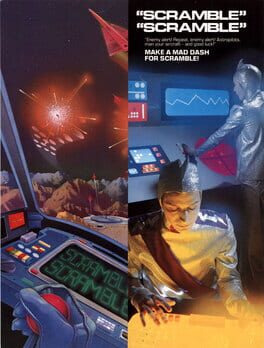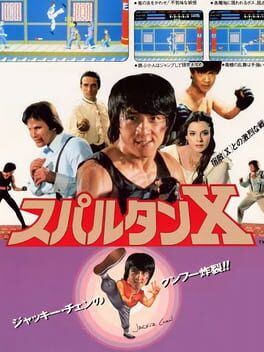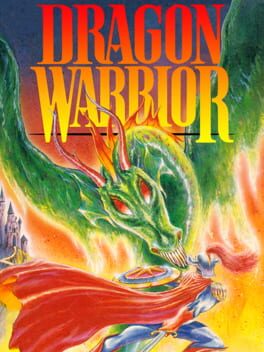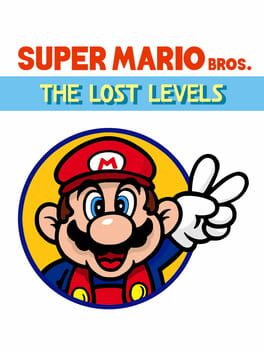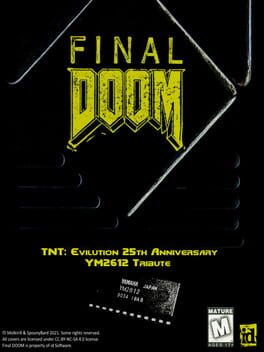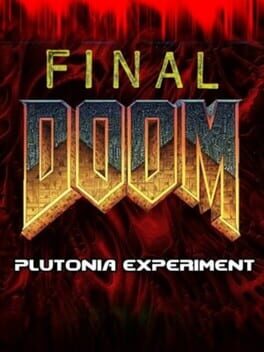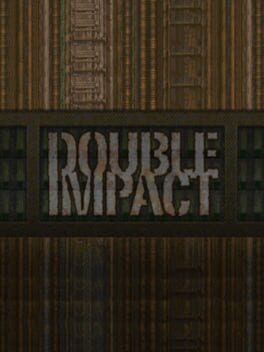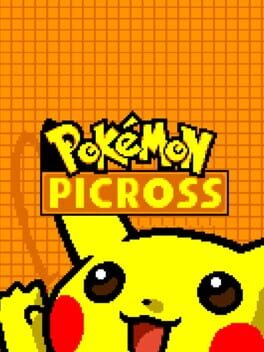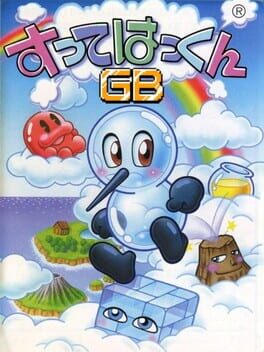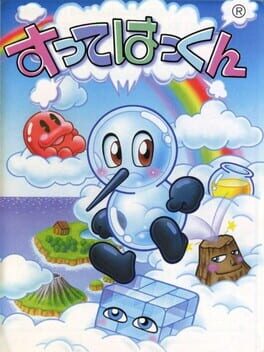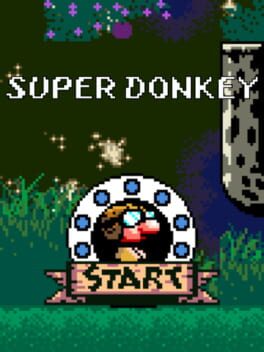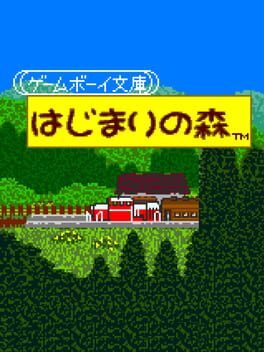Nico77A
1502 reviews liked by Nico77A
Blood
1997
Pong
1972
Half-Century Challenge Series: https://www.backloggd.com/u/C_F/list/half-century-challenge/
HCC #3 = Pong (1972)
If there is any game that can be called synonymous with video games, it's Pong. When the term "video game" was first coined, it was because the average gamer experience consisted of playing something like tennis or ping pong on their TV. It's no coincidence the term "video game" came into mass usage during the early 1970s, right when Pong exploded.
The importance of Pong cannot be overstated. Dedicated Pong consoles, arcade cabinets, Atari ports, etc all rose into prominence. The idea of porting a game a million times for accessibility, and the sheer mass appeal Pong had over prior 0 player games or text adventures? It's breathtaking how much came out of the game. Remember, just 10 years prior if one wanted to play Space War, there were only a couple locations on earth where they could do so. Pong was even designed with controllers in mind, an early prototype to things like the Atari controller and by proxy controllers by companies like Nintendo or Sega.
One could even call it the genesis point of multiplayer gaming. Being able to play against both AI and another human was beyond novel. Fighting game arcade modes? They owe their thanks to Pong. Which in hindsight, makes it funny that my first time playing Pong was via the embedded port in Mortal Kombat 2. You see, in Mortal Kombat 2 if you win 250 matches in a row, you get to play one round of pong. So one evening as a child, I spent what must have been 2 or 3 hours killing the fake player 2 in my copy of MK2, just to play Pong for 30 seconds. I felt like I had been massively trolled.
That tangent aside, I brought up mini consoles earlier. Indeed, even Nintendo got their start in the game industry with the Color TV Game 6 which was directly inspired by Pong's success. Let alone the NES Classic Mini and SNES Classic Mini some half century later.
It would be easy for me to look at Pong and go "who gives a fuck" but honestly, I can't help but admire this abstract world with nothing more than a few white pixels. Everything comes from something. Even if it's not the most fun game to a newcomer in 2024, it still has plenty of usages. After all, it's a great project to recreate in languages like GML for the sake of learning game development. In fact, a friend and I actually did that for a narrative driven minigame compilation game a while back. https://c-fhacks.itch.io/aikon
With its sheer influence on the industry, the fact it's so helpful for learning game development, and that it's perfectly playable, Pong deserves this score. Perhaps even higher.
Next time: Maze (1973)
HCC #3 = Pong (1972)
If there is any game that can be called synonymous with video games, it's Pong. When the term "video game" was first coined, it was because the average gamer experience consisted of playing something like tennis or ping pong on their TV. It's no coincidence the term "video game" came into mass usage during the early 1970s, right when Pong exploded.
The importance of Pong cannot be overstated. Dedicated Pong consoles, arcade cabinets, Atari ports, etc all rose into prominence. The idea of porting a game a million times for accessibility, and the sheer mass appeal Pong had over prior 0 player games or text adventures? It's breathtaking how much came out of the game. Remember, just 10 years prior if one wanted to play Space War, there were only a couple locations on earth where they could do so. Pong was even designed with controllers in mind, an early prototype to things like the Atari controller and by proxy controllers by companies like Nintendo or Sega.
One could even call it the genesis point of multiplayer gaming. Being able to play against both AI and another human was beyond novel. Fighting game arcade modes? They owe their thanks to Pong. Which in hindsight, makes it funny that my first time playing Pong was via the embedded port in Mortal Kombat 2. You see, in Mortal Kombat 2 if you win 250 matches in a row, you get to play one round of pong. So one evening as a child, I spent what must have been 2 or 3 hours killing the fake player 2 in my copy of MK2, just to play Pong for 30 seconds. I felt like I had been massively trolled.
That tangent aside, I brought up mini consoles earlier. Indeed, even Nintendo got their start in the game industry with the Color TV Game 6 which was directly inspired by Pong's success. Let alone the NES Classic Mini and SNES Classic Mini some half century later.
It would be easy for me to look at Pong and go "who gives a fuck" but honestly, I can't help but admire this abstract world with nothing more than a few white pixels. Everything comes from something. Even if it's not the most fun game to a newcomer in 2024, it still has plenty of usages. After all, it's a great project to recreate in languages like GML for the sake of learning game development. In fact, a friend and I actually did that for a narrative driven minigame compilation game a while back. https://c-fhacks.itch.io/aikon
With its sheer influence on the industry, the fact it's so helpful for learning game development, and that it's perfectly playable, Pong deserves this score. Perhaps even higher.
Next time: Maze (1973)
The Oregon Trail
1971
Half-Century Challenge Series: https://www.backloggd.com/u/C_F/list/half-century-challenge/
HCC #2 = Oregon Trail (1971)
Anybody remember playing video games in your school's computer lab? I was a tech savvy kid who always finished work early, so I had quite a few things I would put on to pass the time. Showing off cheat codes to my classmates in flash games like Stick RPG or Swords & Sandals 2. The reactions when I entered a comma at the end of my character's name and clicked randomize made me feel so proud of tapping into the hidden knowledge of how to break some silly Newgrounds game. Putting a flash drive with SNES emulators inside the school's PC... I'll never forget the time my classmate saw me struggling with the button mashing minigame in Chrono Trigger. Mainly since it led to him mashing the spacebar so hard he finished it with plenty of time to spare while half the class stared at him due to the noise he was making. Hell, I even remember making a visual novel for my senior project. I wish I had saved it outside of class in hindsight, but what can you do?
Anyways, on one slow day my teacher let me play Oregon Trail after proclaiming it was an edutainment game I would enjoy. All I could wonder was how it would be possible to learn a lesson and play a game at the same time.
Needless to say I was in awe. It was like getting a crash course on money management, American history, and arithmetic all in one. At the time, it never occurred to me how silly the game was. I never stopped to think about how goofy the idea of going to sleep and getting SIX FUCKING OXEN stolen from me was. I never stopped to wonder if the prices actually made sense for the time period. Cus, frankly, none of that was too important to me. None of that is important to me right now.
To me, games are so much more than the graphics, the music, the text, the data occupying the screen. Oregon Trail is more than some silly edutainment game I played half a lifetime ago. It's a connection.
I can't remember my classmates' names. I can't remember my teacher's name. I can't easily Google "what school did I go to in 2010" or anything. I can easily Google Oregon Trail. Every year, our memory fades more and more. The digital footprint of Oregon Trail, however, hasn't faded.
I almost vividly remember naming my Oregon Trail party members after my classmates and my teacher. I recall wondering what the fuck dysentery was and being upset I let "my classmate" die. I know how accomplished I felt to have beaten the game in such a short timeframe. Every 4th of July, I run a simulation of this game with my friend group and save some screencaps. I like to think it helps somehow.
I could sit here and tell you about how Oregon Trail is the longest running game franchise. I could tell you how Oregon Trail started as a random teacher's indie game before becoming the most impactful edutainment game ever made.
But the truth is, none of that is important to me. My memories with this game are important to me. I don't even know if I can really rec this game unless you're a nerd like me who plays notable games academically. At least it's an hour long tops?
And as Alek Wek once said, the most beautiful things are not associated with money; they are memories and moments. If you don't celebrate those, they can pass you by. The creator of Oregon Trail said in an interview that even if he didn't get to buy his own private island from all the money Oregon Trail made, he doesn't care since he's still so happy a game he made in 10 days is still so celebrated. And that's just beautiful.
https://www.youtube.com/watch?v=8QbjlHeoLdc
Next time: Pong (1972)
HCC #2 = Oregon Trail (1971)
Anybody remember playing video games in your school's computer lab? I was a tech savvy kid who always finished work early, so I had quite a few things I would put on to pass the time. Showing off cheat codes to my classmates in flash games like Stick RPG or Swords & Sandals 2. The reactions when I entered a comma at the end of my character's name and clicked randomize made me feel so proud of tapping into the hidden knowledge of how to break some silly Newgrounds game. Putting a flash drive with SNES emulators inside the school's PC... I'll never forget the time my classmate saw me struggling with the button mashing minigame in Chrono Trigger. Mainly since it led to him mashing the spacebar so hard he finished it with plenty of time to spare while half the class stared at him due to the noise he was making. Hell, I even remember making a visual novel for my senior project. I wish I had saved it outside of class in hindsight, but what can you do?
Anyways, on one slow day my teacher let me play Oregon Trail after proclaiming it was an edutainment game I would enjoy. All I could wonder was how it would be possible to learn a lesson and play a game at the same time.
Needless to say I was in awe. It was like getting a crash course on money management, American history, and arithmetic all in one. At the time, it never occurred to me how silly the game was. I never stopped to think about how goofy the idea of going to sleep and getting SIX FUCKING OXEN stolen from me was. I never stopped to wonder if the prices actually made sense for the time period. Cus, frankly, none of that was too important to me. None of that is important to me right now.
To me, games are so much more than the graphics, the music, the text, the data occupying the screen. Oregon Trail is more than some silly edutainment game I played half a lifetime ago. It's a connection.
I can't remember my classmates' names. I can't remember my teacher's name. I can't easily Google "what school did I go to in 2010" or anything. I can easily Google Oregon Trail. Every year, our memory fades more and more. The digital footprint of Oregon Trail, however, hasn't faded.
I almost vividly remember naming my Oregon Trail party members after my classmates and my teacher. I recall wondering what the fuck dysentery was and being upset I let "my classmate" die. I know how accomplished I felt to have beaten the game in such a short timeframe. Every 4th of July, I run a simulation of this game with my friend group and save some screencaps. I like to think it helps somehow.
I could sit here and tell you about how Oregon Trail is the longest running game franchise. I could tell you how Oregon Trail started as a random teacher's indie game before becoming the most impactful edutainment game ever made.
But the truth is, none of that is important to me. My memories with this game are important to me. I don't even know if I can really rec this game unless you're a nerd like me who plays notable games academically. At least it's an hour long tops?
And as Alek Wek once said, the most beautiful things are not associated with money; they are memories and moments. If you don't celebrate those, they can pass you by. The creator of Oregon Trail said in an interview that even if he didn't get to buy his own private island from all the money Oregon Trail made, he doesn't care since he's still so happy a game he made in 10 days is still so celebrated. And that's just beautiful.
https://www.youtube.com/watch?v=8QbjlHeoLdc
Next time: Pong (1972)
Game of Life
1970
Half-Century Challenge Series: https://www.backloggd.com/u/C_F/list/half-century-challenge/
HCC #1 = Game of Life (1970)
Hello everyone, I'm happy to announce Mega and I are engaging in the site's first Half-Century Challenge! We are both playing 50 games spanning from 1970 to 2020 and reviewing each one as we go along. Look forward to the series as a whole!
So, let's talk about Game of Life. This is not a 1 player game but a 0 player game, meaning it is played without any input from the player and merely observed. This game led the way to all sorts of 0 player games in the future such as Progress Quest, Godville, and, hell, CPU VS CPU matches in fighting games or whatever the hell. Essentially, the game is determined by RNG seeds before it even begins.
It looks like a simple game where some squares can live and die. But there is so much more to it. The abstract shapes function as a sort of Rorschach test, and I think that's kinda incredible for something from 1970. Gliders, spacers, pulse stars, etc are all potentially viewable from inside the grid.
https://upload.wikimedia.org/wikipedia/commons/e/e5/Gospers_glider_gun.gif
https://en.wikipedia.org/wiki/Conway%27s_Game_of_Life#/media/File:Game_of_life_pulsar.gif
https://upload.wikimedia.org/wikipedia/commons/4/4f/Animated_Hwss.gif
It's pretty telling that new patterns were being discovered for decades after its release, to say nothing of the countless times it has been recreated. It is directly homaged in various future games for good reason. Google "Game of Life" and thank me later.
Overall, Game of Life probably isn't something the player will be spending hours on. However, to quote John Apollo 11, it was one small step for a game, one giant leap for gaming. The term video game has sorta outgrown its origins. In the 70s, experiences like electronic versions of Pong were all the rage. The term "video game" is only so ubiquitous now since the medium harkened forth the image of games like Pong being recreated on a screen.
The fact Game of Life continues to be a cultural landmark, to say nothing of the fact it simulated something the players could never hope to recreate in real life with something along the lines of a ball and paddle? If that doesn't scream the medium was always a unique form of art, I'm not sure what does.
Next time: The Oregon Trail (1971)
HCC #1 = Game of Life (1970)
Hello everyone, I'm happy to announce Mega and I are engaging in the site's first Half-Century Challenge! We are both playing 50 games spanning from 1970 to 2020 and reviewing each one as we go along. Look forward to the series as a whole!
So, let's talk about Game of Life. This is not a 1 player game but a 0 player game, meaning it is played without any input from the player and merely observed. This game led the way to all sorts of 0 player games in the future such as Progress Quest, Godville, and, hell, CPU VS CPU matches in fighting games or whatever the hell. Essentially, the game is determined by RNG seeds before it even begins.
It looks like a simple game where some squares can live and die. But there is so much more to it. The abstract shapes function as a sort of Rorschach test, and I think that's kinda incredible for something from 1970. Gliders, spacers, pulse stars, etc are all potentially viewable from inside the grid.
https://upload.wikimedia.org/wikipedia/commons/e/e5/Gospers_glider_gun.gif
https://en.wikipedia.org/wiki/Conway%27s_Game_of_Life#/media/File:Game_of_life_pulsar.gif
https://upload.wikimedia.org/wikipedia/commons/4/4f/Animated_Hwss.gif
It's pretty telling that new patterns were being discovered for decades after its release, to say nothing of the countless times it has been recreated. It is directly homaged in various future games for good reason. Google "Game of Life" and thank me later.
Overall, Game of Life probably isn't something the player will be spending hours on. However, to quote John Apollo 11, it was one small step for a game, one giant leap for gaming. The term video game has sorta outgrown its origins. In the 70s, experiences like electronic versions of Pong were all the rage. The term "video game" is only so ubiquitous now since the medium harkened forth the image of games like Pong being recreated on a screen.
The fact Game of Life continues to be a cultural landmark, to say nothing of the fact it simulated something the players could never hope to recreate in real life with something along the lines of a ball and paddle? If that doesn't scream the medium was always a unique form of art, I'm not sure what does.
Next time: The Oregon Trail (1971)
weirdly the complete antithesis of what mcgee was going for in the sequel,, the sequel is bright and colorful but ultimately dour and overly dark in tone and story. this is one of the most dark looking games ive ever played and the map layouts for each level are so utterly confounding and disorienting, a labyrinthine hell constructed by others specifically for u to suffer during. the first is a game about growth and progression, forgiveness and regret and the pain that comes w both, the sequel is concerned w regression and ig I just don’t vibe w that as much. this belongs more to an era of game design like max payne or rule of rose where ur small and the world is big and there’s plenty of ppl who don’t want you to exist within it. the structure of every world is chaotic and dizzying and scary! I love some of the weirdo imagery the enemies can conjure up like the flying bomb dropping bugs that seem almost military like.
there’s so much being said here even w like v minimal actual words being said,, alice herself conveys sm through grunts and screams it’s actually kind of wild. a simple jump to a ledge sounds blood cur-tingling and filled w anger + desperation. idk to see her suffer so often and in such extreme ways and come out the other side (at least for this game) a better and more whole person is rlly fucking fulfilling and satisfying to experience.
part of me wishes there was a third game and a better ending to both alice the character and the series, but also I realize that this series obv took a lot out of mcgee and was coming from a place that’s maybe better left sitting dormant for his own mental health. he seems kind of happy as a retired old guy living in shanghai that’s left behind a wealth of art that means a lot to a lot of ppl and now just makes emo plushes that while don’t mean rlly anything to me obv mean something to enough ppl. I think that’s nice ^_^
there’s so much being said here even w like v minimal actual words being said,, alice herself conveys sm through grunts and screams it’s actually kind of wild. a simple jump to a ledge sounds blood cur-tingling and filled w anger + desperation. idk to see her suffer so often and in such extreme ways and come out the other side (at least for this game) a better and more whole person is rlly fucking fulfilling and satisfying to experience.
part of me wishes there was a third game and a better ending to both alice the character and the series, but also I realize that this series obv took a lot out of mcgee and was coming from a place that’s maybe better left sitting dormant for his own mental health. he seems kind of happy as a retired old guy living in shanghai that’s left behind a wealth of art that means a lot to a lot of ppl and now just makes emo plushes that while don’t mean rlly anything to me obv mean something to enough ppl. I think that’s nice ^_^
Ion Fury: Aftershock
2023
Excitebike
1984
Look, this game came out in 1984 so the chances of it being a deep and realistic racing simulation are exactly nil. But it still manages to deliver a cool experience!
There's a deceptive amount of skill to be put to the test here, from leaning backwards to avoid tumbling over speedbumps, to tilting your bike in the air to maintain speed when you land, and multitasking to make sure your engine doesn't overheat. And while the game's rudimentary physics aren't the most satisfying, it still manages to be a very compelling "chaos simulator" thanks to the sheer amount of stuff happening onscreen at once, with the wack collision physics meaning that at least one racer is taking a spill at any given time. The difference between winning and losing spectacularly is often mercurial and seemingly down to blind luck, yet losing is... still kinda fun actually!
The game's structure embraces this emphasis on fun - you can select any track to race on at any time, with no content walled behind any arbitrary skill checks! And you can design your own tracks, as seriously or as terribly as you want!
If you play this game trying to win it you'll probably end up frustrated (I could never finish the 5th level myself). But if you treat it as a fun little playground, it's pretty good!
There's a deceptive amount of skill to be put to the test here, from leaning backwards to avoid tumbling over speedbumps, to tilting your bike in the air to maintain speed when you land, and multitasking to make sure your engine doesn't overheat. And while the game's rudimentary physics aren't the most satisfying, it still manages to be a very compelling "chaos simulator" thanks to the sheer amount of stuff happening onscreen at once, with the wack collision physics meaning that at least one racer is taking a spill at any given time. The difference between winning and losing spectacularly is often mercurial and seemingly down to blind luck, yet losing is... still kinda fun actually!
The game's structure embraces this emphasis on fun - you can select any track to race on at any time, with no content walled behind any arbitrary skill checks! And you can design your own tracks, as seriously or as terribly as you want!
If you play this game trying to win it you'll probably end up frustrated (I could never finish the 5th level myself). But if you treat it as a fun little playground, it's pretty good!
Doom 64
1997
Doom 64 is more Doom than Doom.
Doom fucking rules and Doom II does too. It's been a truth that's been revealed to me through my first time playthrough of each, and it's left me wanting more Doom. As it just so happens, Doom 64 provides just that.
Doom 64 is a bit of an oddity. It's existence on the N64 was meant to serve as the console's taste of the recent Doom craze. Most console ports would attempt to simply downscale the original game's levels and cram the engine onto low end tech, but Doom 64's approach was novel given that it's essentially it's own game. Yet, with this downscaled game came it's own modified engine, showcasing slight enhancements over the original game. Doom 64 has a much more intricate lighting system, which sets a mood to the game more than any of the id software titles ever accomplished. Levels maintain their lack of place from the original, but add a layer of tangibility due in part to the lighting.
The levels themselves can often be a mixed bag. There's decent maps to be found here, but there's also ones where I've felt more frustrated than I ever had with the series thus far. I would often find myself becoming lost way more frequently, with some evil progression markers being utilized that were never introduced to me before. Suddenly, I could shoot at a panel and have that trigger a platform lowering down. All the weapons from Doom II are present here, filling out the original arsenal, while adding yet another power weapon. This power weapon, while fun, is unnecessary for the weapon pool. Doom II has higher highs and lower lows than Doom 64 in terms of it's design, but neither quite match the competency of their forefather.
It ain't all Doom and Gloom though (sorry), since Doom 64 is, indeed, more Doom. In fact, in some ways, it's more Doom than Doom ever was. Animations are slightly more violent, the tone due to the lighting feels much more in line with the horror genre than that first title — the look to Doom 64 is closer to the Doom I imagined in my head when I first heard about Doom.
Of course, the reality of that statement is that it's impossible for Doom 64 to out Doom what Doom was. After all, it's Doom. It's the real OG. But when I first imagined Doom, I imagined something more brutal, more visceral than what was provided. Doom 64 manages to feed me more of that mental image.
I've been thinking of ways to extend my thoughts about Doom 64, but at the end of the day, Doom 64 is just more of the same. The game doesn't break the mold in any real way, it's defining features are more to it's looks than to it's gameplay. There's a new weapon, but it doesn't really change anything to Doom's formula. As a reinterpretation of Doom, it serves as a neat footnote in the oddities of Doom's legacy, but that's about it.
I'm glad I experienced Doom 64, but the titans before it stand too boldly, casting it's shadow over it near completely.
Doom fucking rules and Doom II does too. It's been a truth that's been revealed to me through my first time playthrough of each, and it's left me wanting more Doom. As it just so happens, Doom 64 provides just that.
Doom 64 is a bit of an oddity. It's existence on the N64 was meant to serve as the console's taste of the recent Doom craze. Most console ports would attempt to simply downscale the original game's levels and cram the engine onto low end tech, but Doom 64's approach was novel given that it's essentially it's own game. Yet, with this downscaled game came it's own modified engine, showcasing slight enhancements over the original game. Doom 64 has a much more intricate lighting system, which sets a mood to the game more than any of the id software titles ever accomplished. Levels maintain their lack of place from the original, but add a layer of tangibility due in part to the lighting.
The levels themselves can often be a mixed bag. There's decent maps to be found here, but there's also ones where I've felt more frustrated than I ever had with the series thus far. I would often find myself becoming lost way more frequently, with some evil progression markers being utilized that were never introduced to me before. Suddenly, I could shoot at a panel and have that trigger a platform lowering down. All the weapons from Doom II are present here, filling out the original arsenal, while adding yet another power weapon. This power weapon, while fun, is unnecessary for the weapon pool. Doom II has higher highs and lower lows than Doom 64 in terms of it's design, but neither quite match the competency of their forefather.
It ain't all Doom and Gloom though (sorry), since Doom 64 is, indeed, more Doom. In fact, in some ways, it's more Doom than Doom ever was. Animations are slightly more violent, the tone due to the lighting feels much more in line with the horror genre than that first title — the look to Doom 64 is closer to the Doom I imagined in my head when I first heard about Doom.
Of course, the reality of that statement is that it's impossible for Doom 64 to out Doom what Doom was. After all, it's Doom. It's the real OG. But when I first imagined Doom, I imagined something more brutal, more visceral than what was provided. Doom 64 manages to feed me more of that mental image.
I've been thinking of ways to extend my thoughts about Doom 64, but at the end of the day, Doom 64 is just more of the same. The game doesn't break the mold in any real way, it's defining features are more to it's looks than to it's gameplay. There's a new weapon, but it doesn't really change anything to Doom's formula. As a reinterpretation of Doom, it serves as a neat footnote in the oddities of Doom's legacy, but that's about it.
I'm glad I experienced Doom 64, but the titans before it stand too boldly, casting it's shadow over it near completely.
Really clever little game! It's definitely meant to be replayed in short bursts and serves functionally the same purpose as something like Tetris; bite-sized gameplay to pick-up and play. And in that respect, it nails it!
First impression through the story mode has just been, this is fun! I really love how they've given Wario and his weird friends a ton of character and charm here. Some of these mini-games feel a bit tame in comparison to what I've seen from other games within the series, but I hear the other games only increase in quality!
First impression through the story mode has just been, this is fun! I really love how they've given Wario and his weird friends a ton of character and charm here. Some of these mini-games feel a bit tame in comparison to what I've seen from other games within the series, but I hear the other games only increase in quality!
676 lists liked by Nico77A
by NovaNiles |
25 Games
by dleo |
4 Games
by C_F |
11 Games
by CorpsSansOrganes |
75 Games
by tendog |
93 Games
by Durandal |
34 Games
by jwilliams051197 |
13 Games
by Ira |
20 Games
by mundycorps |
19 Games
by dleo |
14 Games
